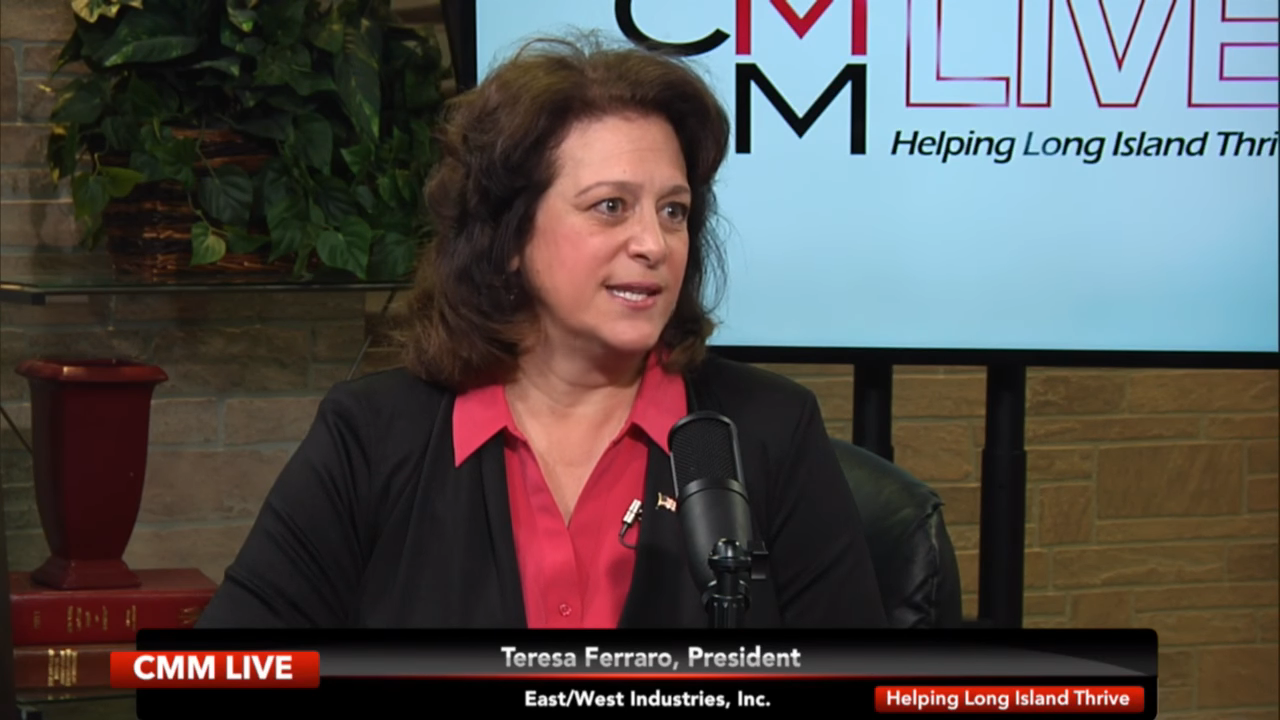By Christine Malafi
The Internet has become a necessity for the marketing and promotion of businesses, services, and merchandise. An evolving legal issue is website accessibility to those with disabilities and the applicability of Title III of the Americans with Disabilities Act (“ADA”). Accessibility of public websites and compliance with the ADA in connection with public websites may cause issues for some time to come, given the lack of governmental regulations and guidance in this area. Nevertheless, it’s important for businesses to know where the law currently stands.
The purpose of the ADA is to provide equal opportunity to individuals with disabilities. Title III of the ADA specifically prohibits discrimination of individuals with disabilities “in the full and equal enjoyment of the goods, services, facilities, privileges, advantages, or accommodations of any place of public accommodation by any person who owns, leases (or leases to), or operates a place of public accommodation.” While the ADA is silent on the specific issue of website accessibility, case law has made it clear that the ADA applies to public websites, and businesses must accommodate individuals with disabilities and make their websites ADA accessible. However, the extent to which websites must be made accessible has not been definitively determined. Questions remain as to whether all websites fall under the ADA and whether a website must also be tied to a physical location before it falls under the ADA, among other questions.
In December 2015, the Department of Justice (“DOJ”) announced that it would not issue private sector website ADA accessibility regulations until fiscal year 2018. However, a recent Presidential Executive Order cut regulatory resources, and may subsequently freeze the DOJ’s public accommodations website rulemaking.
In the absence of DOJ regulations, what should businesses do? Many settlements approved by the DOJ have implemented the World Wide Web Consortium’s Web Content Accessibility Guidelines 2.0 (WCAG) on how to make a website more accessible. At the most basic level, an ADA accessible website should provide these (and other) types of features:
- Text alternatives for any non-text content;
- Alternatives for time-based media;
- Content that can be presented in different ways without losing information or structure;
- Be easy to see and hear, including separating foreground from background;
- Permit all functionality from a keyboard if needed (as opposed to a cursor);
- Permit sufficient time to read and use content;
- Not be designed in a way that is known to cause seizures;
- Include ways to help users navigate, find content, and determine where they are;
- Include text content that is readable and understandable;
- Operate and appear in predictable ways;
- Help users avoid and correct mistakes; and
- Compatible with current and future user agents, including assistive web technologies.
The best option for business owners to not fall victim to a successful Title III suit is to comply with these WCAG guidelines.
However, it may not always be deemed “reasonable” for businesses to create a fully ADA compliant website. As is stated in the ADA: “A public accommodation shall make reasonable modifications in policies, practices, or procedures, when the modifications are necessary to afford goods, services, facilities, privileges, advantages, or accommodations to individuals with disabilities, unless the public accommodation can demonstrate that making the modifications would fundamentally alter the nature of the goods, services, facilities, privileges, advantages, or accommodations. “ 28 C.F.R. § 36.302 (2012).
If making your website fully compliant with the WCAG is too costly for your company, other options may be available. Although New York courts have yet to address this specific issue, others have. In National Federation of the Blind v. Target Corp., Target was sued because its website did not enable visually impaired persons to directly purchase products, redeem gift cards, or find stores. The court ruled against Target, as Target failed to show that the information on its website was available in another reasonable format. The court acknowledged ADA defines discrimination to include a failure to take such steps “as may be necessary to ensure that no individual with a disability is excluded, denied services, segregated or otherwise treated differently than other individuals because of the absence of auxiliary aids and services, unless the entity can demonstrate that taking such steps would fundamentally alter the nature of the goods, service, facility, privilege, advantage, or accommodation being offered or would result in an undue burden.” 42 U.S.C.S. § 12182(b)(2)(A)(iii). The court specifically noted the following examples of accessibility: “if a menu cannot be read by a blind person, the restaurant need not make the menu available in Braille; the restaurant could ensure that waiters are available to explain the menu”; and “while a bookstore must ensure that it communicates with its customers in formats which accommodate the disabled, a bookstore is not required to stock books in Braille.” Courts therefore recognize that there may be significant limitations on the possibility of making a website completely or fully ADA accessible.
In a more recent case, Robles v. Domino’s Pizza LLC, a blind plaintiff claimed that he could not order pizza from the Domino’s website because it was not accessible using a screen reader. The court found that although Domino’s website was not in compliance with the WCAG guidelines, their 24-hour toll free phone number, where live agents provided assistance with using the website, was enough to meet its obligations under the law.
Absent further guidance, businesses and individuals with public business websites are urged to ensure accessibility. At CMM, we are available to assist and guide you on this issue.







 As the newly minted Chairman of the
As the newly minted Chairman of the 
